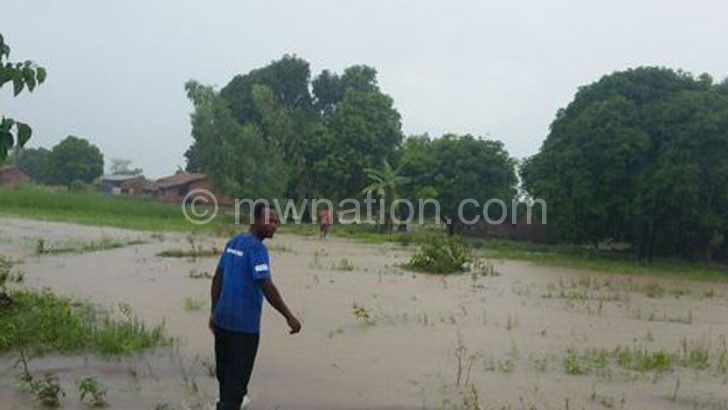Agro sector output falls in two years
The agricultural sector, which is the backbone of Malawi’s economy, has registered subdued growth for the past two years, with the Reserve Bank of Malawi (RBM) projecting that the sector will grow by a paltry 0.1 percent this year.
The 0.1 percent growth is a drop from last year’s one percent, from a high of 6.3 percent projection in 2014.
In its latest third quarter Financial and Economic Report, the central bank has attributed the poor growth to prolonged dry spell and El-Nino-induced weather condition.
All along, the agriculture sector has been contributing about 30 percent to the gross domestic product (GDP), and with the depressed growth, the contribution of the sector to the overall economic output will also be affected.

agriculture production
However, RBM has expressed optimism that the sector is expected to rebound in 2017 owing to prospects of favourable weather conditions.
In contrast, other sectors have continued to growth with the report showing that transportation and storage sector are estimated to grow by 4.7 percent in 2016 compared to 4.3 percent in 2015 while the hospitality sector is estimated to grow by 5.7 percent in 2016 from 5.1 percent the year before.
Though relatively lower than last year, the financial and insurance services sector is estimated to grow by 5.5 percent in 2016, and grow by 6.9 percent in 2017.
Civil Society Agricultural Network (CisaNet) national coordinator Tamani -Nkhono Mvula said on Monday that there is need to improve policies that govern the agricultural sector.
He called on government and other key players in the sector to ensure that agriculture is diversified, and not only dependent on rainfall, but also help change the mindset of famers to gear their production depending on the market.
“Looking at the growth that we have been experiencing in the past five years, the agricultural sector has not done well contributing an average of three percent which is half of what is required,” he said, calling for serious reflection. n





